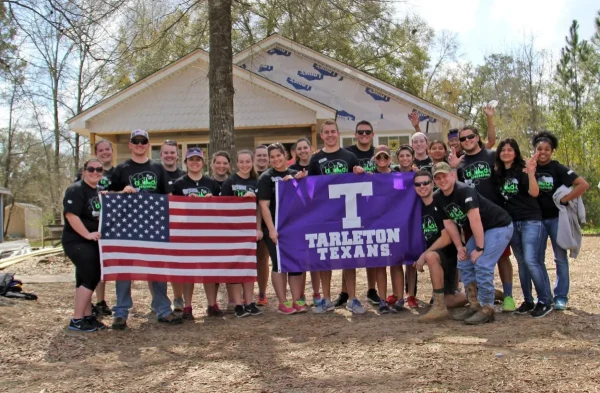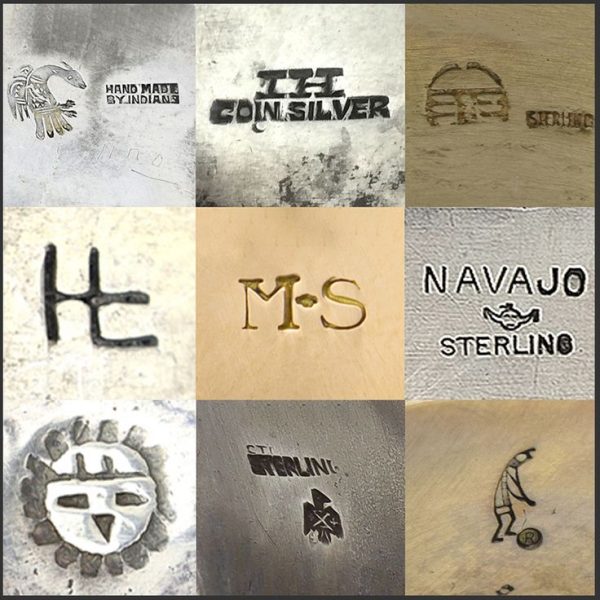Editor’s farewell: Please, listen to each other
December 8, 2015
I thought carefully about what to write for my very last opinion piece. In the past four years as a staff member for JTAC News, I’ve given my opinion on meat, guns, surviving college, sending nudes, rape culture and Donald Trump. Some of those opinions were popular, and earned me lots of nice compliments. Others were not so popular, and earned me hateful comments and plenty of “You should be fired”s.
So in considering what to address for my final op-ed, I thought about what I’ve seen from this side of the news desk. From Tarleton students and alumni to Americans all over the country, debates rage over issues I never knew could be so explosive; from #BlackLivesMatter to transgender rights to feminism to infant immunizations to the state of education to tax brackets to liberal vs conservative (*takes a deep breath*) there is no shortage of things to be mad about; and from hateful insults to ignorant comments to downright stubbornness, what I see is this: plenty of people are talking, but no one is listening.
Have you ever engaged someone in a debate over a Facebook article? Have you noticed that by the end of that debate, nobody’s mind has been changed and everybody’s feelings are damaged?
I’ll give myself as an example. I know from the comments on some of my less popular op-eds that you guys have no reservations about insulting both my intelligence and my moral compass with little regard about whether or not it hurts me.
I also know that if we were having that conversation in person, most of you would never say the things you’re willing to type on the internet. I’m guilty of it, too – people are a lot bolder online, and a whole lot meaner. Why? Because we feel protected behind a screen. We can say whatever cruel, biting thing we want to about anybody, and there are no consequences for it.
I think the problem is two-fold. First, the internet causes us to forget that the people we’re talking about, the issues we’re arguing over – they represent real human beings. When you talk about black lives and police officers, in any capacity, you’re talking about a population of Americans made up of men and women and children who have real feelings and struggles, just like you. When you call for every Muslim country to be bombed, you’re asking for the genocide of real people, people who are probably just as afraid as you are. When you call conservative Republicans heartless and ignorant, or when you call liberal Democrats idiots, or when you scream at the top of your keyboard that Kim Kardashian is the worst thing about the world, you are talking about human beings.
Why is it so easy to forget that? Because the second problem is that we are not listening to each other. When you engage in a discussion with someone else in a one-on-one, in-person way, you listen. You hear them out, you contemplate their response and then craft one of your own. When you engage in that same discussion over the internet, you skim their response and post a bullet-by-bullet list of all the reasons they’re wrong and stupid. We don’t really take the time to ponder another position, because we are too busy writing our witty reply, caps-lock and all.
When we refuse to consider the idea that we may be wrong, that we may not have all the answers, then we are refusing another person the right to disagree with us.
Look, opinions are fleeting, especially when you’re young. We’re all just people trying to find out what we think and how to express it. So the next time someone posts an opinion that you disagree with, take a moment for compassion. Remember how strongly you feel about the issue, how passionate you are about it, and then remind yourself that the person you’re about to respond to feels just as strongly and passionately as you do. And after you’ve considered that, you can decide if what you’re about to type is really worth it.
At the end of the day, working in the news in really hard. It’s hard to guess how people will react to op-eds; it’s hard to stay on top of everything students want to know about; it’s hard to swallow your pride when you make a mistake, misspeak or leave a glaring typo unnoticed in your print edition; but above all, it’s going to be very, very hard to walk away.
I love you, Tarleton State. Thank you for listening to me the past four years. Thank you for the good moments and the bad, the happy and the tragic. I will never forget this place, where I found my passion, my Jesus, and my weird purple blood.
Stay real, TSU.
Chelsea Bradley
Editor-In-Chief and definitely not Batman





